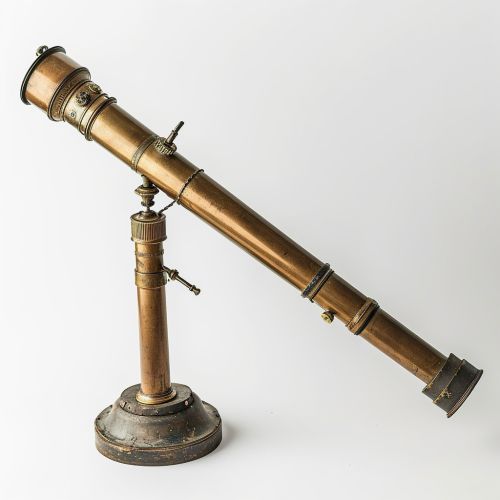Discussion: 17th Century Category
Overview
The 17th century, also referred to as the 1600s, was a period of significant change and development in many aspects of human society. This century was marked by major scientific discoveries, political revolutions, and cultural shifts that shaped the course of history. The 17th century is often considered the beginning of the modern era, as it saw the rise of the scientific method, the spread of capitalism, and the birth of the nation-state.
Scientific Revolution
The 17th century is often referred to as the age of the Scientific Revolution, a period of great scientific discoveries and advancements. This era was marked by the works of several prominent scientists who challenged the traditional views of the universe and laid the foundation for modern science.


One of the most influential figures of this period was Sir Isaac Newton, who formulated the laws of motion and universal gravitation. His work, "Philosophiæ Naturalis Principia Mathematica," is considered one of the most important works in the history of science.
Another key figure was Galileo Galilei, who made significant contributions to observational astronomy, including the telescopic confirmation of the phases of Venus, the discovery of the four largest satellites of Jupiter, and the observation and analysis of sunspots. Galileo's advocacy of heliocentrism was met with opposition from the Catholic Church, leading to his trial and conviction for heresy.
Political Developments
The 17th century was also a time of significant political change, with the rise of the nation-state and the spread of capitalism. The Thirty Years' War (1618-1648) reshaped the political map of Europe, ending the dominance of the Holy Roman Empire and the Catholic Church.
In England, the English Civil War (1642–1651) led to the trial and execution of King Charles I, and the brief establishment of a republican government known as the Commonwealth of England. This period also saw the Glorious Revolution of 1688, which resulted in the overthrow of King James II and the ascension of William III and Mary II to the throne, marking the beginning of constitutional monarchy in England.
Cultural Shifts
The 17th century was a time of great cultural shifts, with the spread of the Enlightenment and the rise of new artistic and literary movements. The Baroque style, characterized by exaggerated motion and clear detail used to produce drama, exuberance, and grandeur, dominated the arts.
In literature, the 17th century saw the rise of new forms and styles. In England, this era is often referred to as the Age of John Milton, with his epic poem "Paradise Lost" considered one of the greatest works of English literature.
